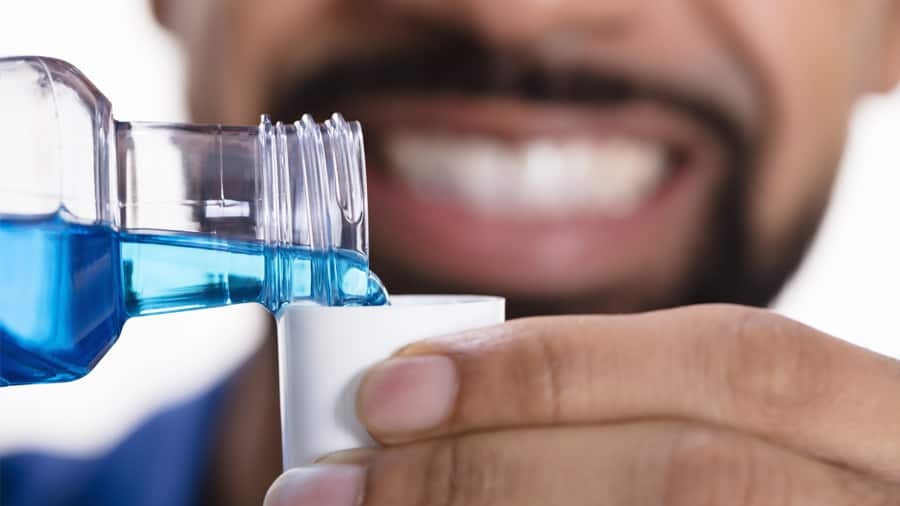Do you know how many species of bacteria live inside your mouth? The New Indian Express notes that the human mouth contains around 500 to 1,000 different types of bacteria. Individuals that practise oral hygiene have 1,000 to 100,000 bacteria living on each tooth surface. Your toothbrush removes bacteria from the mouth and these bacteria get accumulated between the bristles of the toothbrush.
Makes you want to grab your toothbrush, doesn't it?
But aside from toothbrushing and flossing, there is another popular way to get rid of bacteria inside your mouth: the use of mouthrinses. Some mouthrinses are very effective for clearing away the sticky germs, while some are not that helpful. Before you head to the drug store, take the time to learn more about which mouthrinses can help you reduce the amount of bacteria in your mouth while keeping your mouth clean and fresh.
Different Types of Mouthrinses
You've probably walked the aisles of your drug store enough to know that there are dozens of rinses on the market. Rinses fall into one of two categories:
Cosmetic Rinses:
If you need a quick fix for bad breath, a cosmetic mouthrinse will help to eliminate the odour. But these products will not clean away mouth bacteria. Cosmetic rinses contain odour eliminators like mint or cinnamon, but don't contain antimicrobial agents that kill bacteria or reduce plaque.
Therapeutic Rinses:
These more powerful rinses may be available over the counter or by prescription. Therapeutic rinses contain ingredients that reduce plaque, gingivitis, cavities and bad breath.Ingredients in therapeutic rinses may include antimicrobial or antitartar agents.
Shop for the Best Mouthrinse
So how do you tell a cosmetic rinse from a therapeutic rinse? Start by looking at the label. If it contains the words antiplaque, antigingivitis, antibacterial or antimicrobial or it has the IDA Seal of Approval for fighting plaque and gingivitis, then you're probably holding a therapeutic rinse. But if the ingredients you see sound like flavour agents, then you're probably holding a bottle of cosmetic rinse. The best way to know for sure is to ask your dentist. A dental professional will help you find the best mouthrinse to keep your smile fresh and your teeth free from bacteria in the mouth.






